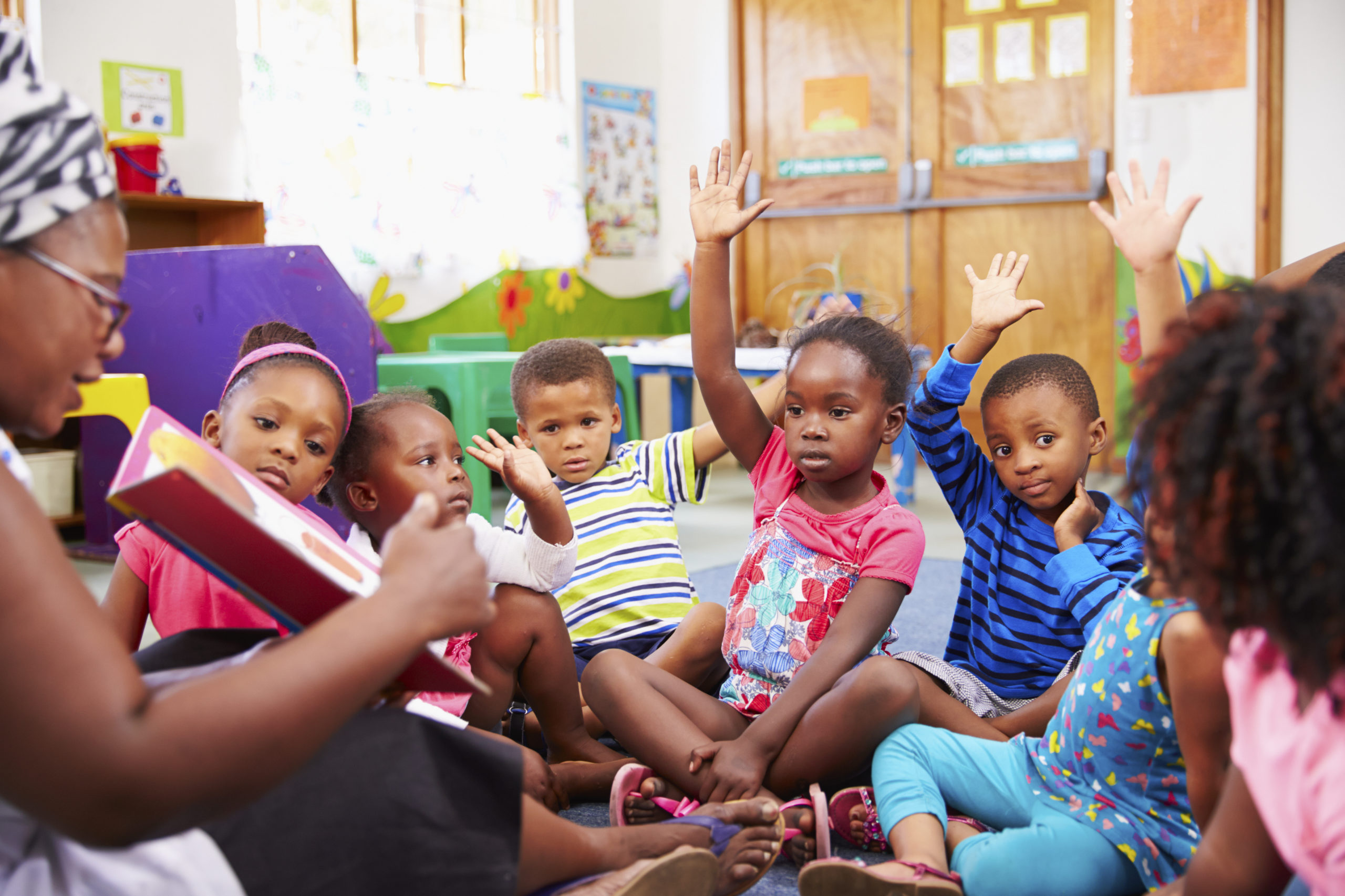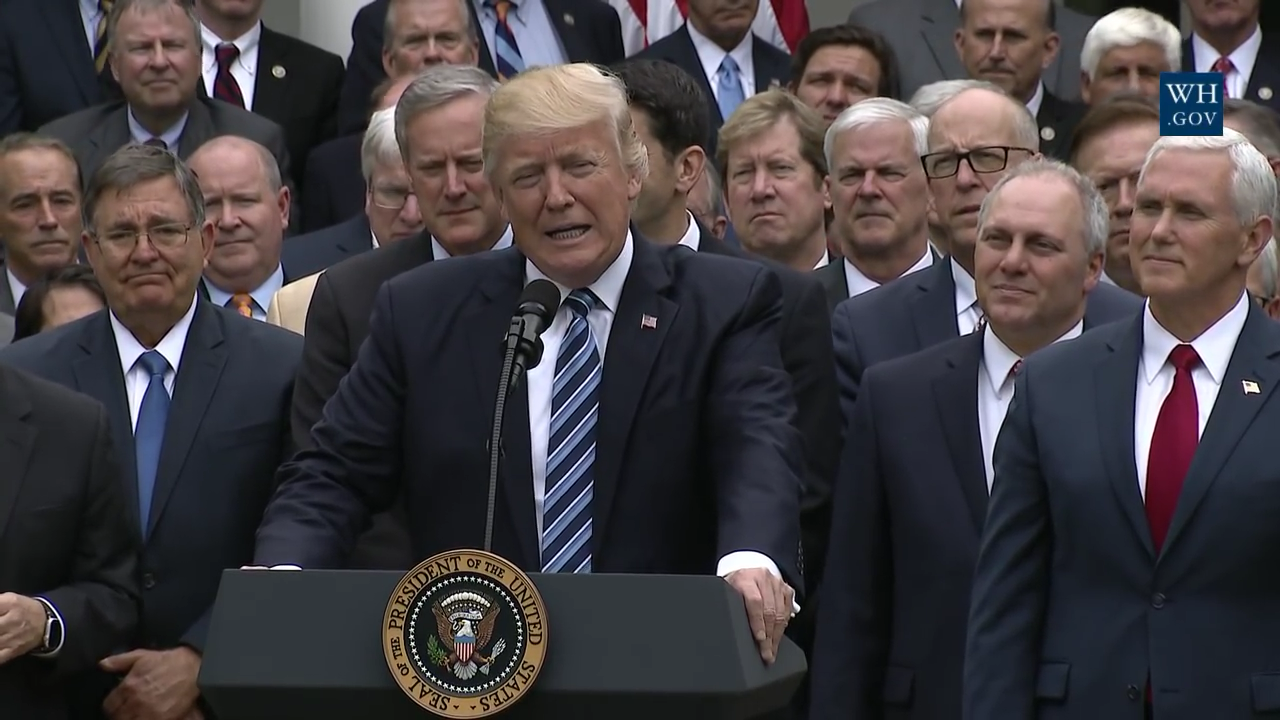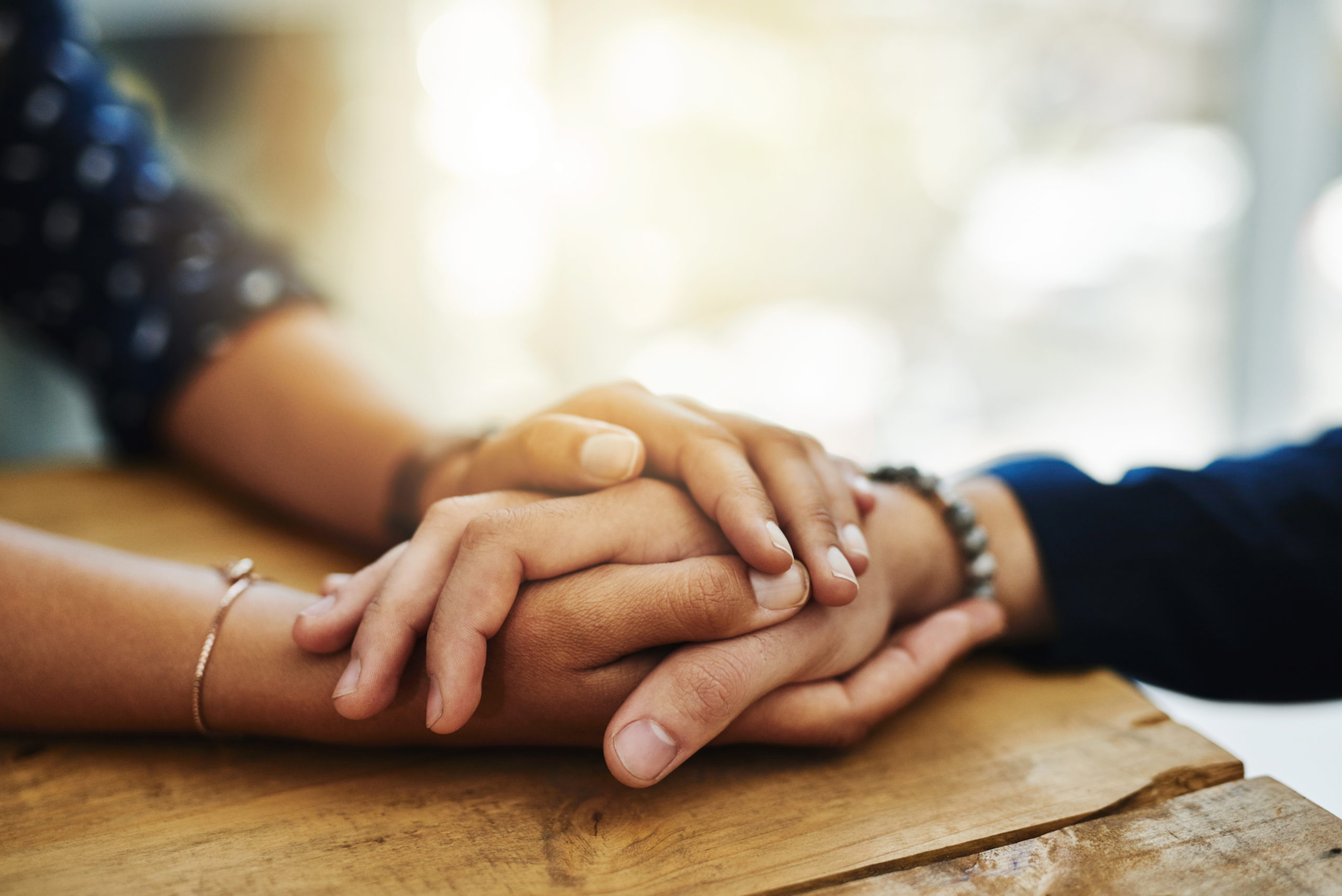Abortion rights, women of color, and LGBTQI+ people are under attack. Pledge to join us in fighting for gender justice.
Q&A on How the COVID-19 Recession Will Impact Gen Z

I’m Amy Matsui, Director of Income Security at NWLC. My job is to advocate for improving the economic security of women – and especially low- and moderate-income women – and their families. As such, I’ve been thinking a lot about how women in Generation Z, who are just getting their start in the job market, will fare in today’s economy and in the years to come, because, as history has shown us, recessions can have long tails. I asked my friend Jasmine Tucker, Research Director, who has been laser-focused on how the recession has been impacting women’s employment and well-being for the past year, about the longer-term ripple effects the recession could have on young women.
Q: Jasmine, you and I were chatting and you were reflecting about your personal experience during the Great Recession, as someone at the beginning of her career. Can you talk a little bit about that?
A: I graduated from college in May 2007, right as the economy was starting to look a little shaky. I didn’t know it yet but an official recession, which is marked by two consecutive quarters of economic downturn, would be declared in December of that year. I was 22 with a college degree and a lot of ambition, but I couldn’t find a job anywhere. I applied to dozens and dozens of places–both in my degree field of government and politics and out–and I never heard back from a single one. I know I am far from the only one who had a similar or worse experience. While recessions are temporary, their impact can last for years. Entering the workforce during this time forced millennials to delay starting a family. It also led them to delay homebuying, which means they now have less wealth than previous generations did at this age. Many of us faced tens of thousands of dollars of student loan debt and few job prospects. So we saw interest on our student debt accumulate while we struggled to make minimum payments and took on credit card debt in order to make ends meet. It took many of us years to dig out of this hole.
Q: What are you concerned might happen for young women workers, coming out of the COVID recession? What’s the same, and what is different, from the Great Recession?
A: The Great Recession depressed earnings for a lot of people forced into low-paid work to keep afloat or forced to take jobs outside of their degree fields, for years after the recession was over. It prevented people from going back to school because they feared taking on more debt during a tough economic climate. I think young women entering the job market in this recession are going to go through something very similar. I’m concerned this is going to depress their earnings for years to come, that it will delay their buying a home and building wealth. We already know the Bureau of Labor Statistics is projecting that the three fastest growing jobs over the next decade will be low-paid; higher-paying jobs may be hard to find or require education and experience that this generation of women may have a hard time getting. Right now, there are 1.5 people unemployed and looking for work for every available job. But we know that over 4 million people have left the labor force since February 2020 and will return at some point and be competing for the few jobs that exist. With so much competition, employers will be able to be choosy about who they hire. Those without a lot of work experience might not rise to the top of the hiring list.
Q: How could starting a career in a time of deep economic downturn impact someone over the course of her career?
A: Recessions force people into a bind and have impacts for years after the recessions are over. Because people right now are suffering long stints of unemployment (more than 2 in 5 women who are unemployed right now have been unemployed for six months or more), there may come a point where a job–any job!–will suffice. Employers have long proven themselves to be racist and sexist when it comes to hiring practices and promotions. Young women looking for work right now and in the months to come might be more willing to take piecemeal jobs, or low-paid jobs, or jobs at a lower level than the one they originally lost, in order to get some income–any income!–to help pay down student loans, to stave off the possibility of eviction, or to put food on their table. These depressed earnings are going to follow them around for a long time. And it comes as no surprise that young people don’t have a lot in savings, because many haven’t been working long enough to make enough to save. They were already one emergency expense or one health emergency from financial disaster, and now that we are in the middle of a global health crisis and there are too few jobs to go around? It will take years to recover from that.
Q: How widespread do you think that could be?
A: Unfortunately, I think it’s going to be pretty widespread. Last month the economy added 379,000 jobs, which is great, but we will need two straight years of that kind of growth to recover all the jobs that were originally lost between February and April 2020. And that won’t even account for population growth–meaning that all the millions of young people who will graduate high school or college and join the job market over the next few years will probably be facing poor job prospects for a while. Right now, young women ages 20 to 24 are experiencing unemployment rates at about 1.5 times that of the overall population (9.1 percent versus 6.2 percent). The rates for young Black women ages 20 to 24 was nearly twice as high as for young women overall (17.6%), and the unemployment rate for Latinas ages 20 to 24 was 9.3%. A generation of young women are going to be hit hard by this recession now and for years to come.
Q: You have been tracking women’s employment and economic security throughout the pandemic. And now the American Rescue Plan Act has been enacted, with a lot of policies that support the women who have been hit the hardest. Looking forward from the American Rescue Plan, what policies are still needed to make sure that young women don’t feel the impact of the COVID recession throughout their lives?
A: The American Rescue Plan Act is a really important step–we needed to make critical investments in women and families if we didn’t want this recession to drag on for far longer than it needed to. But there are still some policies we need to put in place to ensure an equitable recovery. First, we need big public investments in child care and the care economy overall. This would help support young workers, because childcare costs hit families with young children hardest right when their incomes are lowest (at the beginning of their careers). Second, we need to raise the minimum wage. While it’s a myth that only young people are in low-paid jobs (women under 25 make up less than 1 in 3 women working in low-paid jobs), raising the minimum wage will give 32 million people a raise, 60 percent of whom are women. We need to make sure to knock down barriers to worker unionization; women in unions make more, experience smaller wage gaps, and are more likely to have access to employer-sponsored health benefits, than those not in unions. We need to seize the opportunity to make big public investments and structural changes, to make sure that supports are in place for young women workers to succeed in this economy.







